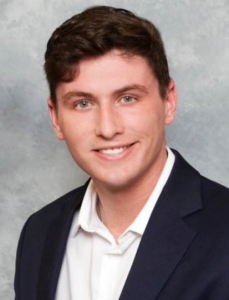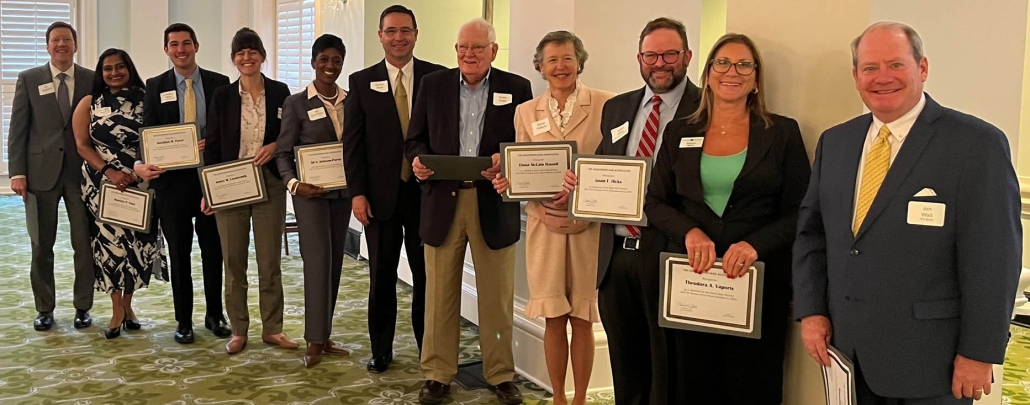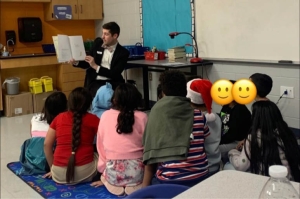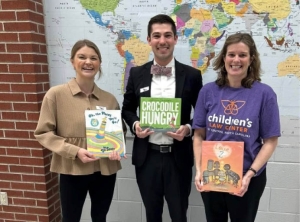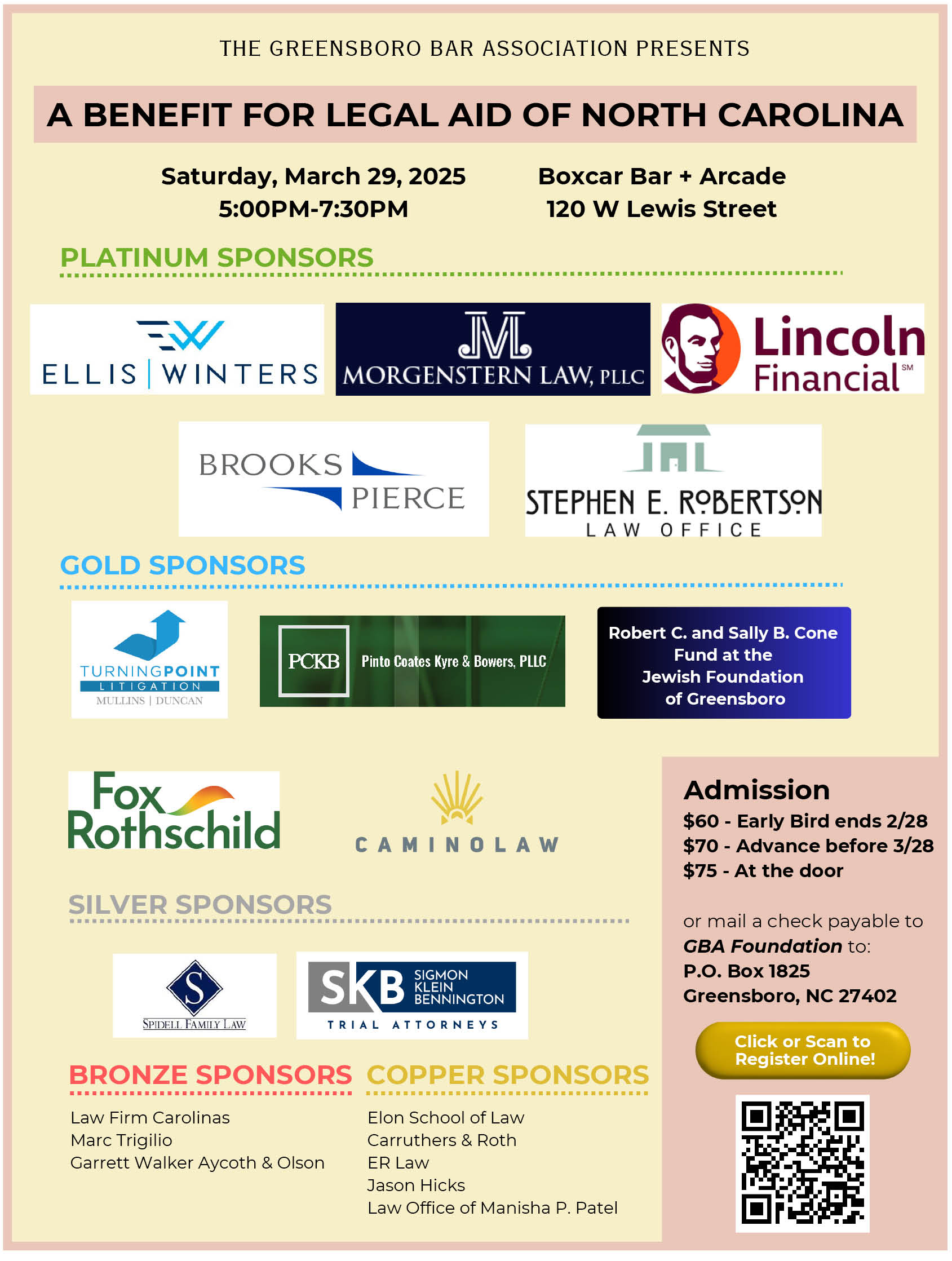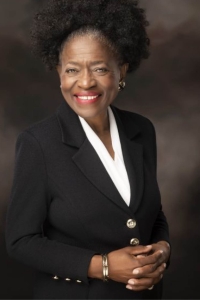
Camille Stell is President and CEO of Lawyers Mutual Consulting & Services. Continue this conversation by contacting Camille at camille@lawyersmutualnc.com
Have you ever felt like you don’t belong in your legal career, despite your achievements? Do you worry that others will “find out” you aren’t as competent as they believe? If so, you may be experiencing imposter syndrome—a common yet challenging mindset that affects many young professionals, particularly in high-pressure fields like law.
What is Imposter Syndrome?
Imposter syndrome (IS) refers to a psychological pattern where individuals doubt their accomplishments and fear being exposed as a “fraud.” First identified by psychologists Pauline Clance and Suzanne Imes in 1978, IS often affects high-achievers who struggle to internalize their success.
Congresswoman Alexandria Ocasio-Cortez invoked the term in a 2019 Ebony magazine interview where she described her initial feelings after being sworn in and her struggle to acclimate herself to her new position. “Every day. It still doesn’t feel real. When you come from a poor or working class background, if you’re a woman, if you’re a person of color, if you have an immigrant story, you’re a first generation, you’re always haunted by imposter’s syndrome, like this idea that you got here by accident.”
The five common types of imposter syndrome include:
- The Perfectionist – Feels like they must always meet impossibly high standards.
- The Expert – Believes they need to know everything before considering themselves competent.
- The Natural Genius – Struggles when success doesn’t come effortlessly.
- The Soloist – Hesitant to ask for help, thinking they must accomplish everything alone.
- The Superhuman – Overworks to prove their worth.
Who Does It Affect?
While anyone can experience imposter syndrome, it is particularly prevalent among young professionals, including lawyers, with studies indicating that approximately 74% of lawyers experience it, and the rate rises to 83% among junior lawyers. Specific groups—such as women, ethnic minorities, lawyers with disabilities, and younger lawyers—report even lower mental well-being scores, suggesting these groups face unique and additional stressors that exacerbate feelings of inadequacy and isolation.
Competitive law firms and high expectations from colleagues and clients can also exacerbate self-doubt.
Additional Societal and Professional Pressures
Underrepresentation: Women and minorities often find themselves underrepresented in senior legal positions. The 2021 ABA Report of Diversity in U.S. Law Firms shows law firm leaders are still mostly white and male. White attorneys make up 81% – 93% of equity partners, 70% – 90% of non-equity partners, and 70% – 79% of associates.
Of all law firm partners, 4% were women of color, with Black and Latinx women each representing less than 1% of all partners in U.S. law firms. This underrepresentation can lead to feelings of isolation and heightened self-doubt.
Stereotype Threat: Female attorneys often confront the “stereotype threat,” worrying about conforming to societal expectations and stereotypes associated with their identity. This burden can amplify feelings of imposter syndrome.
Work-Life Balance: The demanding nature of the legal profession can clash with personal responsibilities, leading to feelings of inadequacy among female attorneys as they strive to balance these competing demands.
Implicit Bias and Exceptionalism: Implicit biases within the legal profession can lead to marginalized groups feeling the need to constantly prove their worth, fostering an environment conducive to imposter syndrome.
These factors contribute to a heightened prevalence of imposter syndrome among women and minorities in the legal field, underscoring the need for targeted support and systemic change to address these challenges.
Recognizing the Symptoms
Common signs of imposter syndrome include:
- Persistent self-doubt and fear of failure
- Attributing success to luck rather than skill
- Overpreparing or overworking to “prove” oneself
- Avoiding challenges due to fear of being exposed as incompetent
- Anxiety, stress, and burnout
Imposter Syndrome in the Legal Profession
The legal industry is notorious for its high stakes and intense scrutiny. Young attorneys often compare themselves to seasoned professionals, leading to feelings of inadequacy. Many law firms foster a culture where asking for help may feel like a weakness, reinforcing the soloist mindset. Additionally, lawyers who transition from law school to practice may struggle with the shift from academic success to real-world legal challenges.
Sonia Sotomayor, the first Hispanic Supreme Court justice, admitted to her own feelings of inadequacy. Growing up in the Bronx, she admitted to often not fitting in and feeling like a fraud, and certainly never as a candidate for an esteemed school such as Princeton University. In a speech reported in a New York Times article, she said, “I have spent my years since Princeton, while at law school and in my various professional jobs, not feeling completely a part of the worlds I inhabit. I am always looking over my shoulder wondering if I measure up.”
Years later, in a 2013 Wall Street Journal article, she says, “I’m not a classic imposter-syndrome person because I have that initial insecurity but I’m capable of stepping outside it and proving to myself it’s wrong.”
Strategies to Overcome Imposter Syndrome
If you recognize these feelings in yourself, there are strategies to manage and overcome imposter syndrome:
- Acknowledge and Normalize It – Recognizing that IS is common, even among experienced lawyers, can help normalize the feelings and reduce their power over you.
- Reframe Negative Thoughts – Instead of thinking, “I don’t deserve this position,” reframe it as, “I worked hard and earned this opportunity.”
- Seek Mentorship and Support – Talking with mentors and peers can provide reassurance that you are not alone in these feelings.
- – View challenges as learning opportunities rather than as threats to your competence.
- Celebrate Your Achievements – Keep a record of positive feedback and accomplishments to remind yourself of your progress.
- Practice Self-Compassion – Accept that you don’t have to know everything immediately; learning is part of professional growth.
- Consider Professional Guidance – Therapy, coaching, or professional development programs can provide tools to combat imposter syndrome.
Taking office at age 29, Ocasio-Cortez is the youngest woman to serve in the United States Congress. However, in the 2019 Ebony interview referenced above, she goes on to name fellow congresswomen Ayanna Pressley, Rashida Tlaib, and Ilhan Omar as history-making in their elections as well. “I think it helped us convince ourselves that this was not a fluke. We did this and that it was a movement that did this.” These are powerful words and help to reframe her thoughts on imposter syndrome.
Despite the barriers and feelings of imposter syndrome among Black women, the 19th*, an independent, nonprofit newsroom, reports there are twenty-eight Black female law school deans in the United States. The first Black woman U.S. Supreme Court Justice, Ketanji Brown-Jackson, was confirmed in 2022.
How to Encourage Those Experiencing Imposter Syndrome
Share your story. Most of us have experienced imposter syndrome at some point in our career. Share your experience with your associates and interns. It is helpful to hear from those who are experienced and successful share a time when they didn’t feel so confident in their own skills.
Recognize others for who they are and encourage them to be their whole selves. The majority has not had the experience of the minority. Recognizing that does not take away anything from your own accomplishments. However, listening to the stories and experiences of others can provide you with a newfound respect for the journeys they have taken.
Acknowledge wins. It is important to provide critical feedback on work projects and to correct mistakes – it’s the only way to learn. However, taking a moment to acknowledge the wins is a great way to build confidence in your associates.
Strive for excellence rather than perfection. Perfection is not possible, yet it is baked into our work culture. Strive for excellence but don’t be afraid to let your associates know what “good enough” looks like in your own efforts and theirs.
Resources for Further Learning
For those interested in diving deeper into imposter syndrome and how to overcome it, consider the following resources:
Books:
- Respect – An Insight to Attorney Compensation Plans by Brenda Barnes and Camille Stell
- Dare to Lead by Brené Brown
- Mindset: The New Psychology of Success by Carol Dweck
- The Confidence Code: The Science and Art of Self-Assurance – What Women Should Know by Katty Kay and Claire Shipman
- The Secret Thoughts of Successful Women by Valerie Young
TED Talks:
- What is imposter syndrome and how can you combat it? – Elizabeth Cox
- How you can use impostor syndrome to your benefit – Mike Cannon-Brookes
- The Imposter Syndrome Paradox – Lisa and Richard Orbé-Austin
Podcasts:
- The Impostor Syndrome Files – Hosted by Kim Meninger
- How to Overcome Imposter Syndrome (Being Well Podcast)
- Imposter Syndrome (Dare to Lead Podcast with Brené Brown)
Final Thoughts
Imposter syndrome is a challenge, but it doesn’t have to define your legal career. Recognizing these feelings and implementing strategies to overcome them can help you build confidence and excel in your profession. Remember, you have earned your place in the legal field, and your contributions are valuable.
Camille Stell works with Lawyers Mutual and is the co-author of the book, RESPECT – An Insight to Attorney Compensation Plans available from Amazon, 2nd Edition published October 2024. Continue this conversation by contacting Camille at camille@lawyersmutualnc.com or 800.662.8843.


